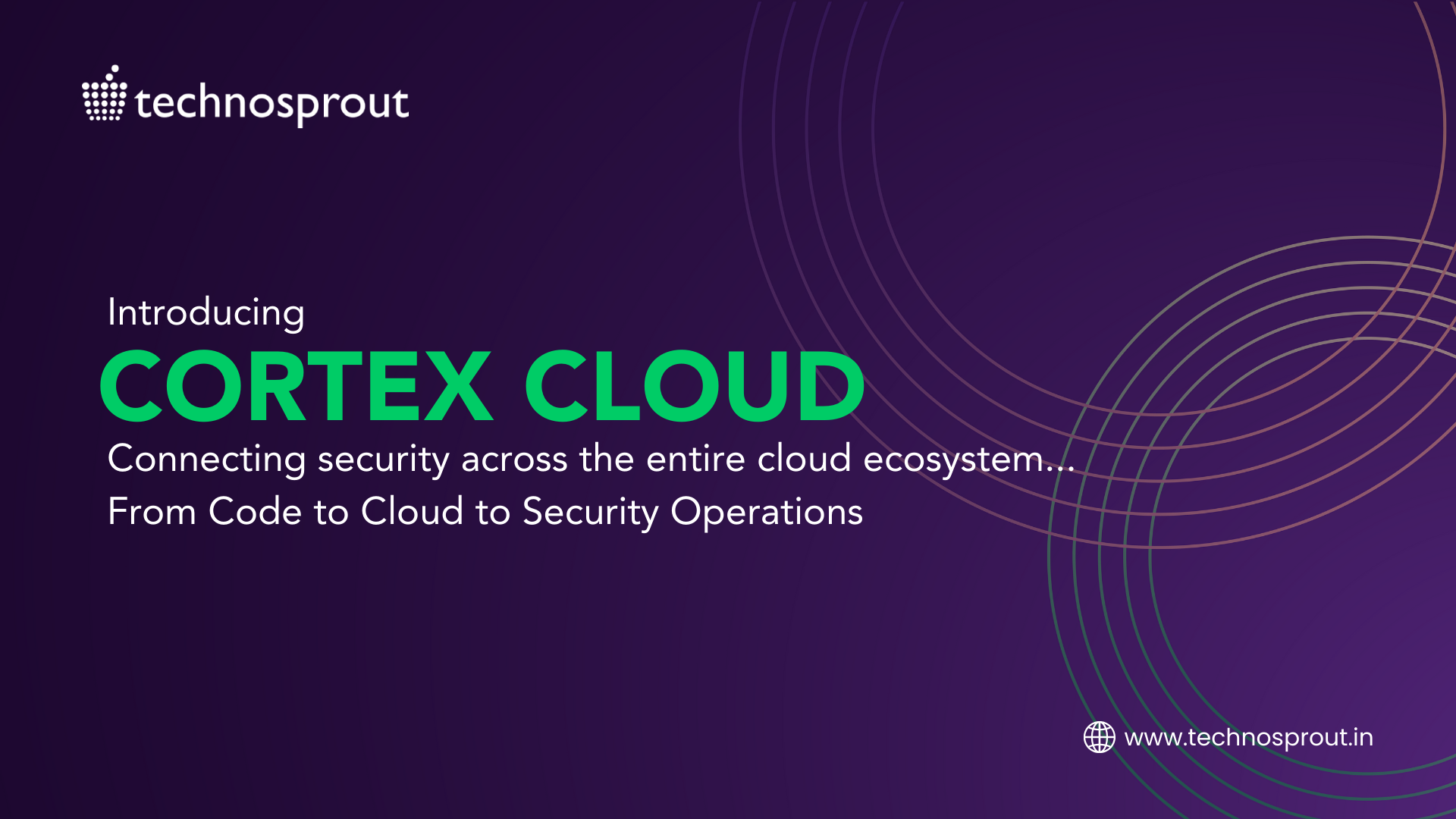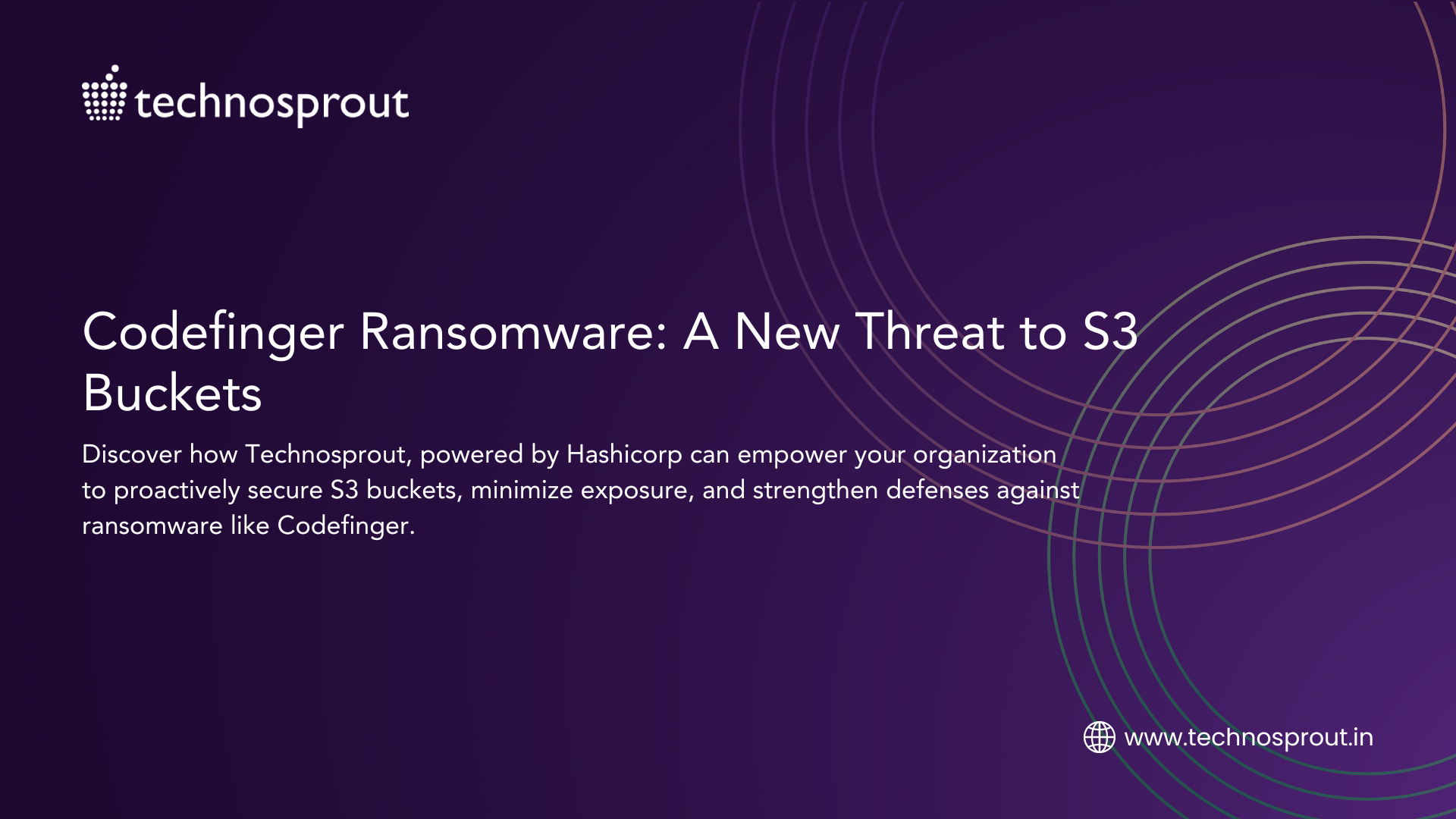Even though the cloud is promoted as more secure than ever today, companies are experiencing an increasing number of data breaches.
Introduction
“Cloud” refers to the hosted resources delivered to a user via software. Cloud computing infrastructures—along with all the data being processed—are dynamic, scalable, and portable. Cloud security, also known as cloud computing security, refers to the procedures and technology of protecting cloud computing environments, applications, data, information and infrastructure.
Not only is ensuring good data security critical to the relationships of organizations with their customers, organizations must also adhere to a growing list of regulations that require them to protect data privacy and keep customer data secure. Organizations need a cloud environment that is Secure by Design.
There are three general models for cloud deployment in an organization:
Public Cloud is a platform that uses the standard cloud computing model to provide resources such as virtual machines, applications or storage which are available to users remotely. Independent, third-party providers, such as Amazon Web Services (AWS) or Microsoft Azure, own and maintain such resources that customers can access over the internet. Public cloud users share these resources and this model is known as a multi-tenant environment.
Private cloud is a type of cloud computing that delivers similar advantages to public cloud, including scalability and self-service, but through a proprietary architecture. A private cloud is a single-tenant environment, meaning the organization using it (the tenant) does not share resources with other users. This makes private clouds highly desirable to organizations that have strict compliance requirements or demand absolute control over their data location, such as government agencies or financial institutions.
Hybrid Cloud is a blend of public and private clouds. It tries to leverage the benefits from both the cloud platforms, allowing you to run your application in the most appropriate location. This is a more complex cloud solution in that the organization must manage multiple platforms and determine where data is stored. An example of a hybrid cloud solution is an organization that wants to keep confidential information secured on their private cloud, but make more general, customer-facing content on a public cloud.






7 Responses
Can you be more specific about the content of your article? After reading it, I still have some doubts. Hope you can help me.
Can you be more specific about the content of your article? After reading it, I still have some doubts. Hope you can help me.
Thanks for sharing. I read many of your blog posts, cool, your blog is very good. https://accounts.binance.com/da-DK/register?ref=V2H9AFPY
Your article helped me a lot, is there any more related content? Thanks!
Your point of view caught my eye and was very interesting. Thanks. I have a question for you.
Your point of view caught my eye and was very interesting. Thanks. I have a question for you.
Thank you for your sharing. I am worried that I lack creative ideas. It is your article that makes me full of hope. Thank you. But, I have a question, can you help me?